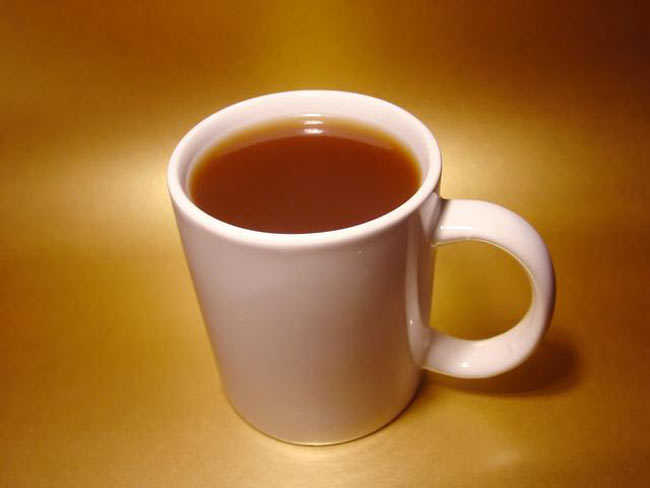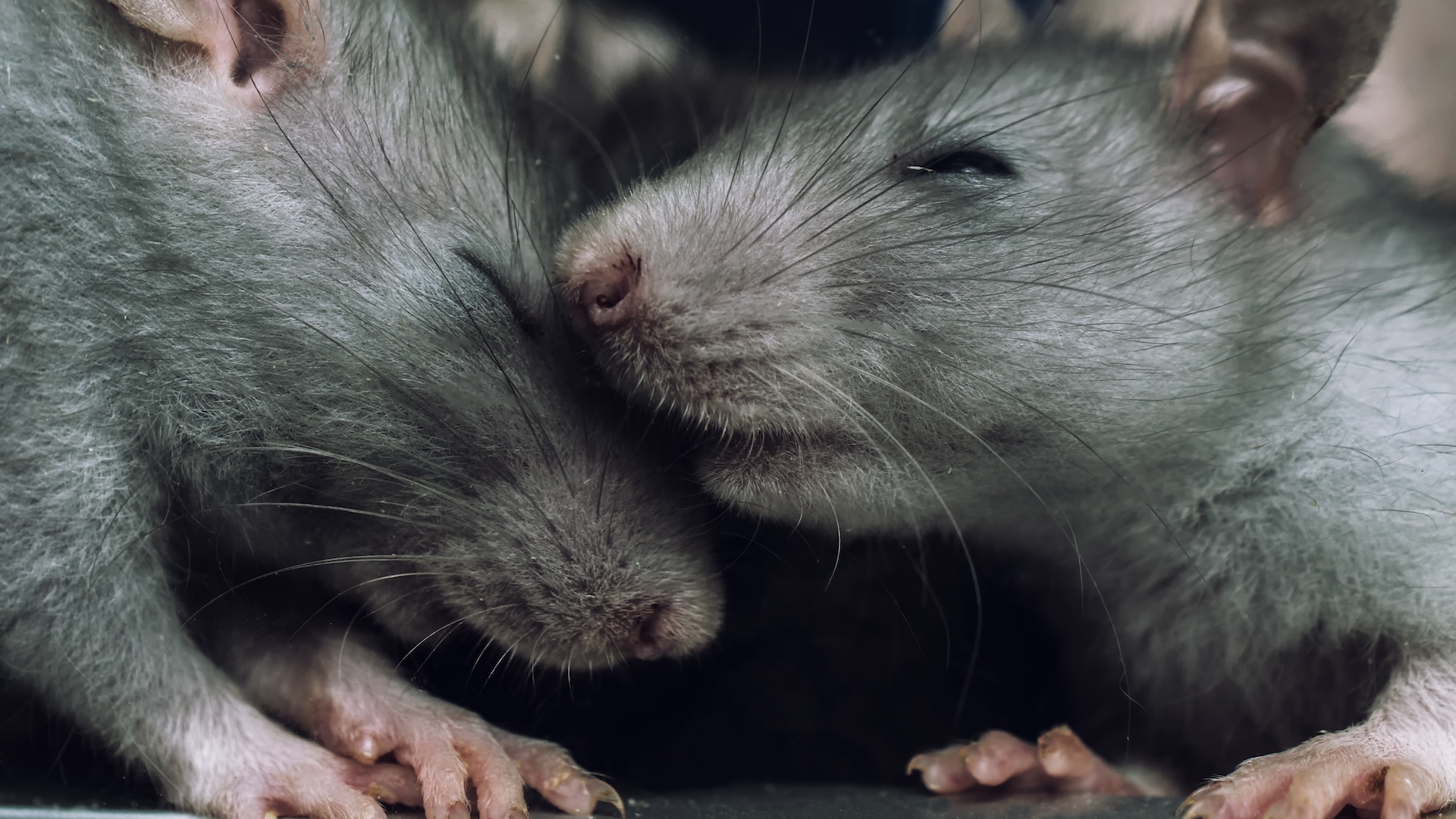Chemists Find What Makes Coffee Bitter

Chemists have figured out why dark-roasted coffees are so bitter, a finding that could lead to a smoother cup of java.
Using chemical analyses and follow-up taste tests by humans trained to detect coffee bitterness, the scientists discovered the compounds that make coffee bitter and also how they form.
"Everybody thinks that caffeine is the main bitter compound in coffee, but that's definitely not the case," said study leader Thomas Hofmann, a professor of food chemistry and molecular sensory science at the Technical University of Munich in Germany.
Just 15 percent of coffee's bitter taste comes from caffeine, said Hofmann, who presented his findings today at a meeting of the American Chemical Society in Boston.
Hofmann and his colleagues found two classes of compounds give coffee the bulk of its bitterness. Both pungent perpetrators are antioxidants found in roasted coffee beans, not in the green (raw) beans.
One class, called chlorogenic acid lactones, is present at high levels in light- to medium-roast brews. Dark roasts, such as espresso, showed high levels of phenylindanes, which form when the chlorogenic acid lactones break down and give a more lingering, harsh taste than their precursors, Hofmann said.
"Roasting is the key factor driving bitter taste in coffee beans. So the stronger you roast the coffee, the more harsh it tends to get," Hofmann said. He added that prolonged roasting leads to the formation of the most intense bitter compounds found in dark roasts.
Sign up for the Live Science daily newsletter now
Get the world’s most fascinating discoveries delivered straight to your inbox.
How the beans are brewed also affects bitterness, the scientists found. The high pressures and temperatures used for brewing espresso-type coffees produce the highest levels of bitter compounds.
"Now that we've clarified how the bitter compounds are formed, we're trying to find ways to reduce them," Hofmann said.
- Top 10 Good Foods Gone Bad
- Quiz: Test Your Nutrition Knowledge
- How is Coffee Decaffeinated?
Jeanna Bryner is managing editor of Scientific American. Previously she was editor in chief of Live Science and, prior to that, an editor at Scholastic's Science World magazine. Bryner has an English degree from Salisbury University, a master's degree in biogeochemistry and environmental sciences from the University of Maryland and a graduate science journalism degree from New York University. She has worked as a biologist in Florida, where she monitored wetlands and did field surveys for endangered species, including the gorgeous Florida Scrub Jay. She also received an ocean sciences journalism fellowship from the Woods Hole Oceanographic Institution. She is a firm believer that science is for everyone and that just about everything can be viewed through the lens of science.










